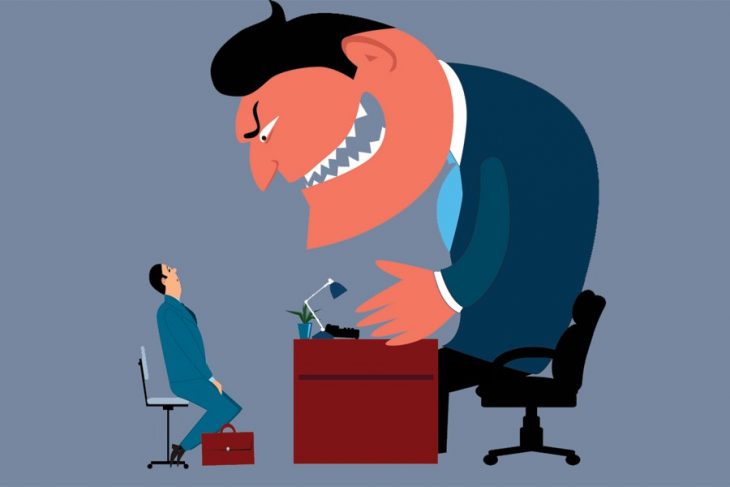
Make a Choice
Julia Joyce
Slavery is usually talked about from the perspective of the slave, and for good reason. It is an awful cruelty, and the story of the slave was often suppressed, so those who wrote it gave voice to those who had no voice. Slavery did not just dehumanize the slaves however. Slavery broke anyone that was touched by it, including those who owned slaves.
In the Narrative of the Life of Fredrick Douglass, Douglass describes his first interactions with his new owner Mrs. Auld. She was a good person and had never owned slaves before. She desired for Douglass to actually look her in the face despite his status and treated everyone like humans. She was even the one who began Douglass’ instruction in reading. She taught him his ABCs. Despite her good intentions and pure heart, slavery’s evil soon infected her. Douglass writes:
But, alas! this kind heart had but a short time to remain such. The fatal poison of irresponsible power was already in her hands, and soon commenced its infernal work. That cheerful eye, under the influence of slavery, soon became red with rage; that voice, made all of sweet accord, changed to one of harsh and horrid discord; and that angelic face gave place to that of a demon. (Douglass 28)
Her part in slavery meant she was expected to act a certain way. Her husband demands that she abandon educating Douglass because if a slave begins to learn and read he is no longer useful. She gives in and Douglass has to continue to learn in secret and through tricking the neighborhood boys to help him.
Our discussion of Mrs. Auld in class consisted of talking about the pressures placed on those that owned slaves. Was societal expectation its own kind of prison? If one slave was allowed to get away with an ounce of disrespect or defiance, then the whole system would fail. So a slaveholder was expected to retain a hardness that kept every slave in line. Once a person gets far enough down the line of treating slaves like they are not human, it starts to become his or her truth.
The key difference here is that a slave has no choice in being enslaved, but a slaveholder chooses to engage with what will become his or her enslaver. Yes, there is pressure to conform to the norm, and there is financial pressure, and on and on the excuses could go, but ultimately there is a choice. The slave risks life for liberty, but the slaveholder risks humanity. How long can a person choose to participate in evil, no matter the influence, pressure, or intentions behind it, before the evil reigns in all areas of life?
This is cliché, but we all have choices in life. We can choose to live safe and comfortable, conform to the expectations prescribed for us, and pretend that everything is okay, or we can make the choice to do what is right no matter what hardship it brings. Mrs. Auld knew that a person’s status did not determine his or her worth, but she allowed herself to be swayed. We may not be pressured into owning slaves, but how much pressure is there to “just relax” or to do what everyone else is doing? What about the pressure of making money and living comfortably? Is being comfortable worth possibly giving up your purpose?
Every choice we make matters. Even the small ones matter because they add up to habits which add up to what our life will look like as a whole. There is room for mistakes, but do not fall into the trap of thinking that you do not have a choice, or that your choice or lack thereof will not have consequences. You have the ability to choose what is right, it just will not lead you down the easy, comfortable path. Is not making the choice and following the lead of society worth the person you will become because of it? Make a choice. You will not always get it right, but doing nothing is guaranteed to never be right.
2 comments
I think it’s crazy how quickly not doing anything at all can change so much of who we are. Being apathetic once leads to being apathetic again and before we know it we discover that we really don’t care about anyone. It’s a slippery slope, so people should keep their humanity first, before they make the choice to stop caring.
It is so true that today we seem to just want people to “go with the flow” and “not rock the boat.” However, if someone did not rock the boat some years ago, then we would probably still have slavery. Women would still not have the right to vote. So, why do we want to go with the flow on other current issues? Like using the word “retard,” for example. The word has been removed from the federal definition, and it is a very offensive and, I would even say, vulgar word that should not be used. But even I sometimes will not say anything when someone uses it because I don’t want to make them upset or embarrassed or mad. However, maybe that is another situation where some boat rocking needs to happen.